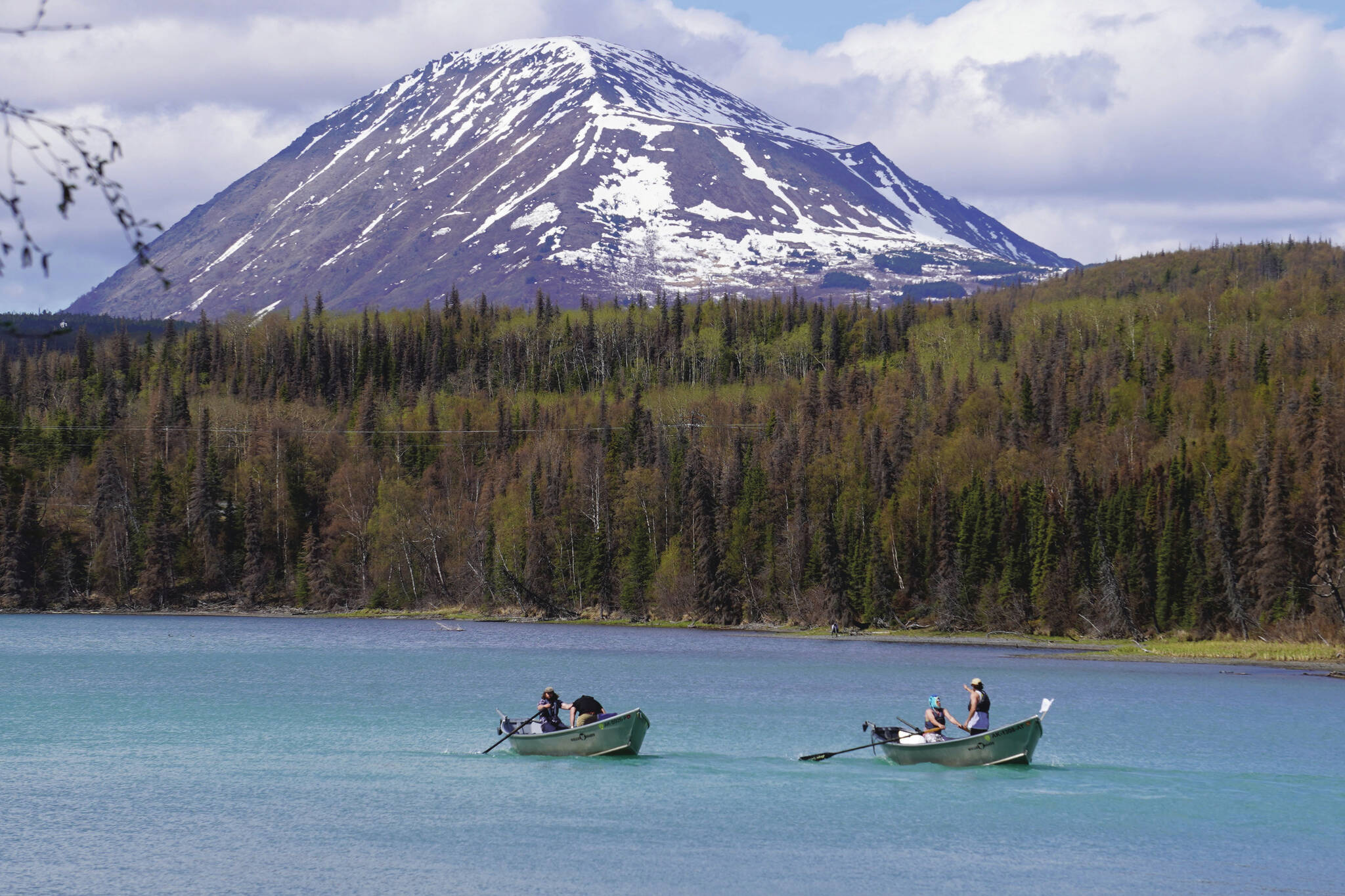After two years of data collection, the waters of the Kenai River have been found by the State Department of Environmental Conservation to be within Alaska Water Quality Standards.
The department’s Division of Water runs several water quality monitoring programs around the state, “to maintain and protect Alaska’s water quality for human health and environmental quality,” according to their website.
A press release from the department says that the Kenai River Water Quality Monitoring Project was developed in response to concerns about high concentrations of dissolved metals, specifically copper and zinc, in the Kenai River and its tributaries.
According to the 2022 Kenai River Waterbody Field Report, dissolved copper and zinc are found naturally in the environment but can be detrimental to aquatic life at high concentrations. They can be introduced into the rivers as contaminants from a variety of human sources, like lawn or automobile chemicals.
Alongside testing for the two dissolved metals, samples were analyzed for hardness, total metals, dissolved solids, dissolved organic carbon, temperature, pH, dissolved oxygen, salinity and turbidity. Over the two years, samples were taken at 15 sites spanning 77 of the Kenai River’s 82 miles in length. In 2021, eight samples were collected, and in 2022, seven samples were taken.
All of the results met state quality standards, and in both years of the test, 2021 and 2022, no dissolved copper or zinc samples were found to be at levels harmful to aquatic life, the report says.
“The first step in protecting and maintaining healthy water quality in the Kenai River is understanding the current conditions; this project did just that,” Director of Water Randy Bates said in the release.
For more information about water quality monitoring in Alaska, visit dec.alaska.gov/water.
Reach reporter Jake Dye at jacob.dye@peninsulaclarion.com.


